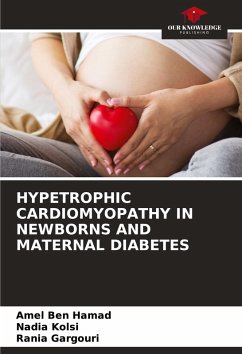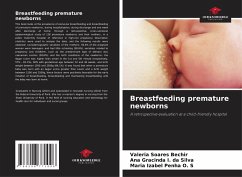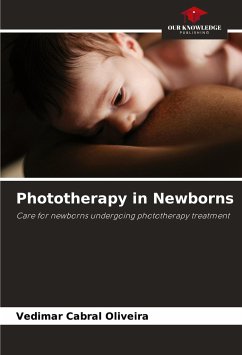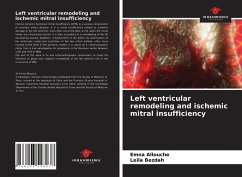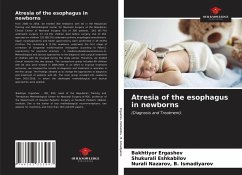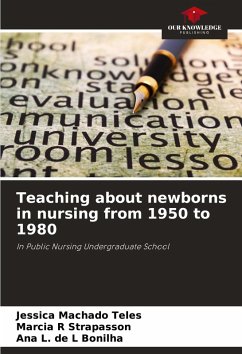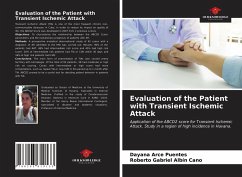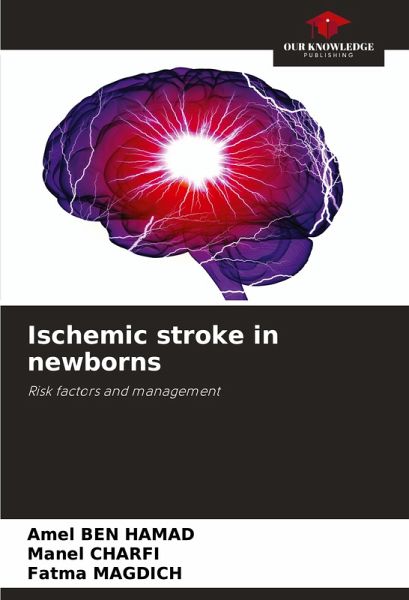
Ischemic stroke in newborns
Risk factors and management
Versandkostenfrei!
Versandfertig in 6-10 Tagen
29,99 €
inkl. MwSt.

PAYBACK Punkte
15 °P sammeln!
Ischemic stroke in newborns is the result of an interruption in blood flow to one of the main cerebral arteries due to embolism or thrombosis. Infantile strokes are 10 to 12 times rarer than in adults, with an estimated incidence of 3.3 per 100,000 births. Perinatal stroke is the most frequent form, and is the leading cause of cerebral palsy and the second most common cause of neonatal convulsions after anaxo-ischemic encephalopathy. Its clinical presentation is not very specific. The diagnosis is most often made on the basis of a brain imaging scan ordered in response to neurological warning ...
Ischemic stroke in newborns is the result of an interruption in blood flow to one of the main cerebral arteries due to embolism or thrombosis. Infantile strokes are 10 to 12 times rarer than in adults, with an estimated incidence of 3.3 per 100,000 births. Perinatal stroke is the most frequent form, and is the leading cause of cerebral palsy and the second most common cause of neonatal convulsions after anaxo-ischemic encephalopathy. Its clinical presentation is not very specific. The diagnosis is most often made on the basis of a brain imaging scan ordered in response to neurological warning signs, particularly neonatal convulsions. To this day, the pathophysiological mechanism of neonatal stroke remains debated. Multiple maternal and fetal risk factors have been identified. Following a neonatal stroke, the child's development may be complicated by various motor and cognitive sequelae. Early motor rehabilitation can improve the newborn's prognosis.





